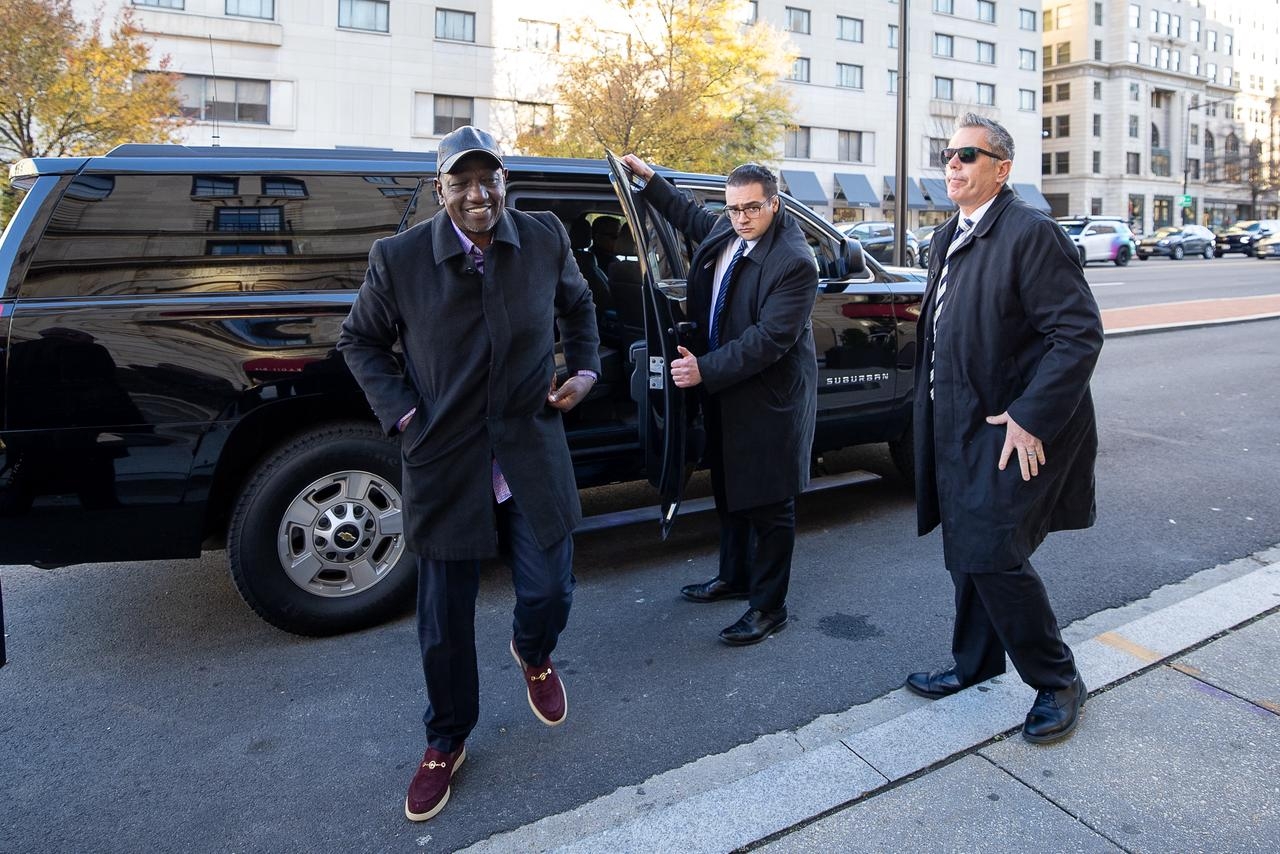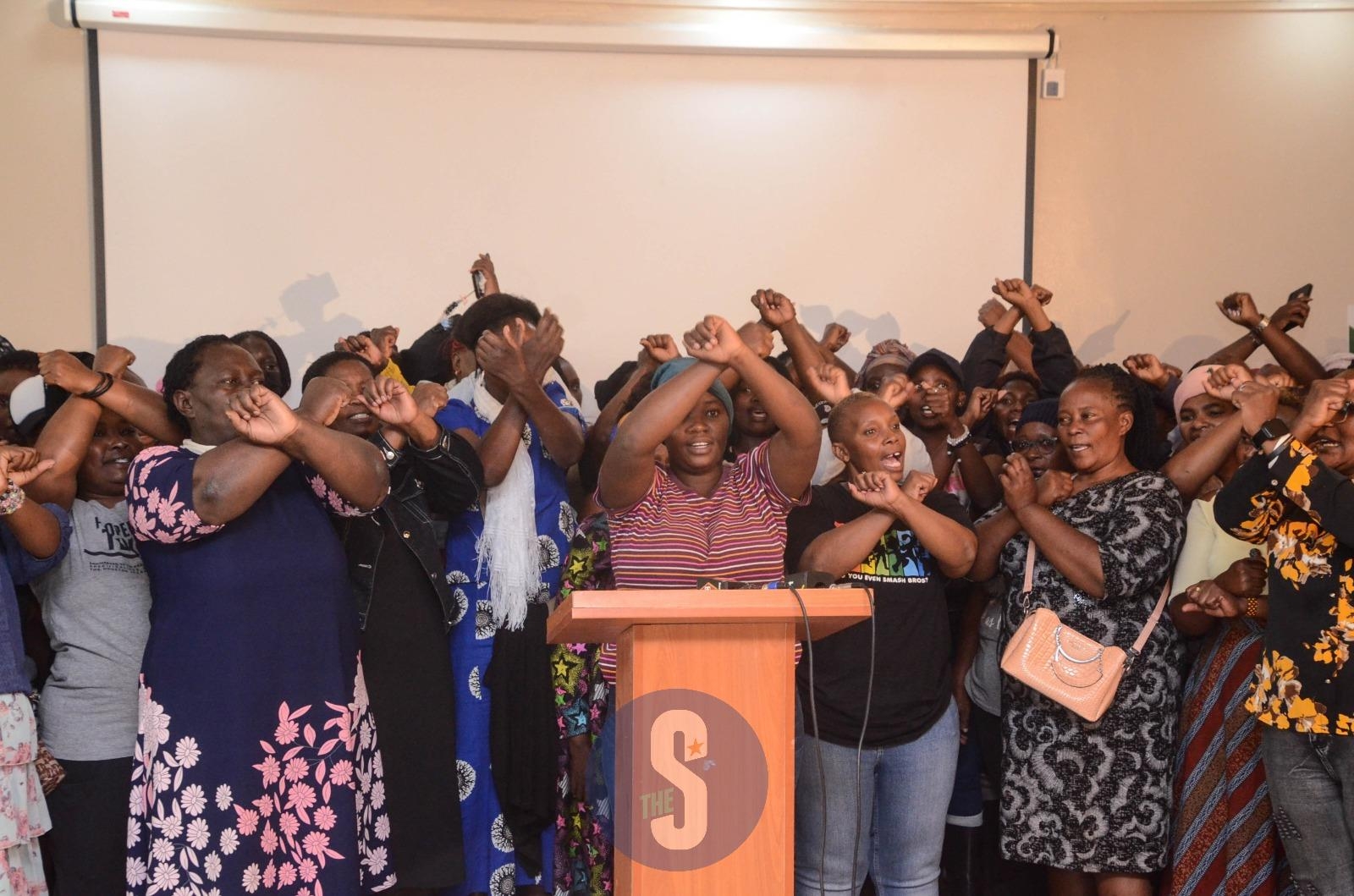The High Court on Tuesday issued staying orders on President William Ruto's directive that lifted the ban imposed on logging.
The Head of State issued the directive in July but it was challenged by the Law Society of Kenya, which argued that there was no public participation beforehand.
But why exactly did the task force on Forest Resources Management and Logging Activities recommend the logging ban?
The task force was composed of 19 people that issued a report stating that illegal logging of indigenous trees was a major threat to forests. Cedar was highly targeted.
The report was released on April 30, 2018.
The task force found that the KFS board and management "have been unable to stem and in some instances, have directly participated in, abated and systemised rampant corruption and abuse of office".
"By so doing they have overseen wanton destruction of our forests, systematically executed plunder and pillaging of our water towers and bear the responsibility for bringing our environment to the precipice," the report said.
In view of the findings, the task force recommended that the logging of cedar be banned in all forests.
This also extended to the use of cedar products being fencing posts.
Following the recommendations, a 90-day ban on logging was imposed on February 24, 2018, and later extended to November 24.
It was again extended for a year to facilitate sector reforms.
The ban restricted the extraction of timber from all public and community forests, giving the Kenya Forest Service more time to fully implement new measures to protect forests.
The task force was created following a public outcry over the drying rivers due to wanton forest destruction.
It was tasked with determining the scale of illegal logging, to reviewing the procedures and qualifications for licensing saw millers to determine their adequacy.
It was also expected to do reviews with the Kenya Forest Service (KFS)in regard to the distribution and tracking of forest products from their origin to endpoints.
The 19-member team was also mandated with reviewing felling plans, planting and replanting to determine their effectiveness.
They were to come up with recommendations on actions to ensure sustainable management, restoration and protection of forests and water catchment areas.
The task force also recommended far-reaching reforms at KFS, including a review and audit of all permits, licences, contracts, agreements or any other authorisations issued with respect to logging, allocation of felling rights and sawmilling.
It also called for the authorisation and deployment of effective, innovative and suitable technology to aid in effective monitoring, surveillance, tracking and other interventions for efficient and sustainable forest management.
The ban stayed in place for six years before Ruto lifted the logging ban during a visit to Molo, Nakuru on July 2.
"Trees are decaying in the forest while people are struggling to get timber. Do you see the foolishness?" Ruto said.
"We have lifted the ban so that we can harvest mature trees. Whoever imports furniture will be taxed because we want all that to be made in the country."
On Tuesday, Justice Oscae Angote stayed the implementation of the ban and barred the state from granting such licences/permits to fell trees.
"Orders are granted staying the government directive on the revocation of the Gazette notices previously issued for degazettement of forest areas/designating areas as forests and the re-introduction of the shamba System," the order issued by Justice Oscar Angote reads.
He directed that the application and orders be served upon the parties, for a hearing on August 14, 2023.














